The upper peninsula of Michigan covers more than 16,000 square miles and contains only one homeless shelter serving Veterans.
Here, without the resources you might find in a more populated area, a small but mighty team out of Iron Mountain VA’s Healthcare for Homeless Veterans (HCHV) Program does all they can to shelter unhoused Veterans and get them on the road to stability.
Iron Mountain VA takes the Housing First approach to homelessness throughout the upper peninsula and nine counties in northern Wisconsin. It focuses on getting Veterans into homes first and addressing other issues after they’ve found stable housing.
Housing First works
A lot of work goes into educating key partners on the benefits of Housing First and emphasizing that homeless Veterans can only begin to tackle mental health, substance abuse and other issues once they are in a stable, secure environment.
“It’s still that piece of breaking down those old thoughts and that old culture of thinking this person has failed, so they’re always going to fail,” said Michael Lenten (pictured), HCHV outreach coordinator.
Though VA runs the largest Housing First program in the nation, education isn’t just needed in the community but within the agency itself.
For example, a homeless Veteran with mental health issues had developed a reputation at the local VA Medical Center for being disruptive, recalled Andrew Tomlinson (pictured), Housing and Urban Development-Veterans Affairs Supportive Housing (HUD-VASH) coordinator. As a result, the Veteran avoided going to the hospital and, when he needed care, the situation would quickly escalate.
The HCHV team began working to educate hospital staff and, through the HUD-VASH voucher program, secure housing for the patient. Things began to turn around once the Veteran was no longer in survival mode. Medical staff said he was like a different person.
Using stories like these, VA is proving that the Housing First approach works and can demonstrate that it is the best method for tackling homelessness.
Fighting the stigma
Living where it seems like everyone really does know your name can make addressing Veteran homelessness more challenging.
In a small community, word gets around when you don’t have a perfect rental record, which can discourage future landlords from renting to Veterans facing homelessness. The HCHV team is working with a limited pool of rentals and fighting the stigma surrounding homelessness and subsidized housing.
They emphasize that HUD-VASH offers unique case management, reassuring landlords they won’t have to handle problems alone and that the team will continue to counsel and support Veterans once they are housed.
Frequently, part of their pitch to reluctant landlords is to remind them that they can make a difference for someone who has given so much for their country. “There are the good and the bad days, but I’m helping one person at a time get that hand up,” said Beth Brunelli (pictured), HCHV coordinator. “We’re all human, and we all need housing.”
Learn about VA programs
If you are a Veteran who is homeless or at risk for homelessness, call the National Call Center for Homeless Veterans at 877-4AID-VET (877-424-3838).
Visit the VA Homeless Programs website to learn about housing initiatives and other programs for Veterans exiting homelessness.
Check out the Ending Veteran Homelessness podcast to learn more about what VA is doing about Veteran homelessness.
Learn how to get involved with housing homeless Veterans. For more stories like these, subscribe to the Homeless Programs Office newsletter to receive monthly updates about programs and supportive services for Veterans experiencing or at risk of homelessness.
Topics in this story
Link Disclaimer
This page includes links to other websites outside our control and jurisdiction. VA is not responsible for the privacy practices or the content of non-VA Web sites. We encourage you to review the privacy policy or terms and conditions of those sites to fully understand what information is collected and how it is used.
More Stories
Veteran and social worker Gordon Roberts received the Medal of Honor for “Gallantry in Action” in Vietnam.
“Patient Safety values and practices are used to prevent harm and learn from our mistakes. They drive what we do and how we do it.”
Pacific Islands VA opens new Akaka clinic in Kapolei, bringing a variety of VA services to Oahu’s leeward side

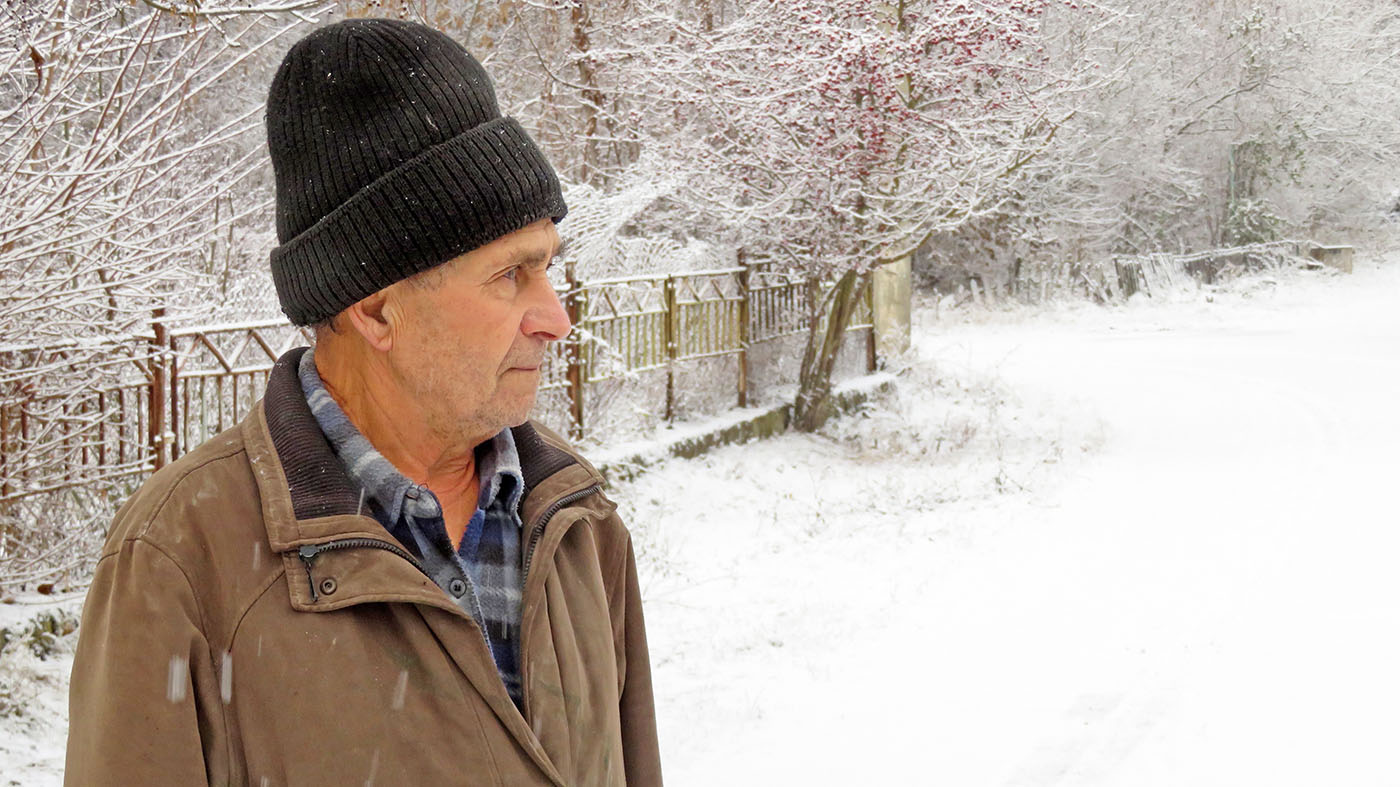
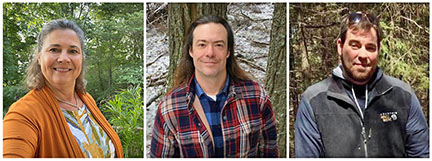
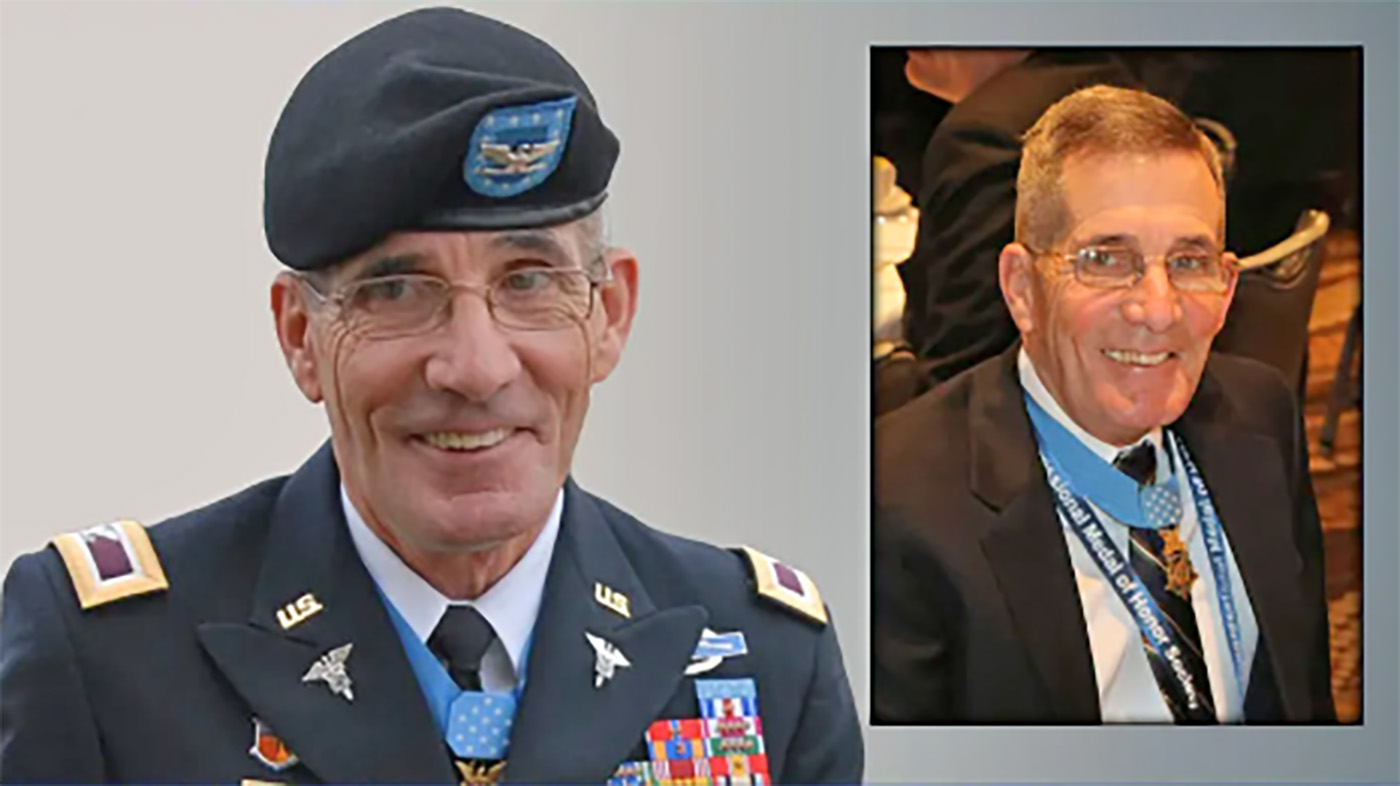
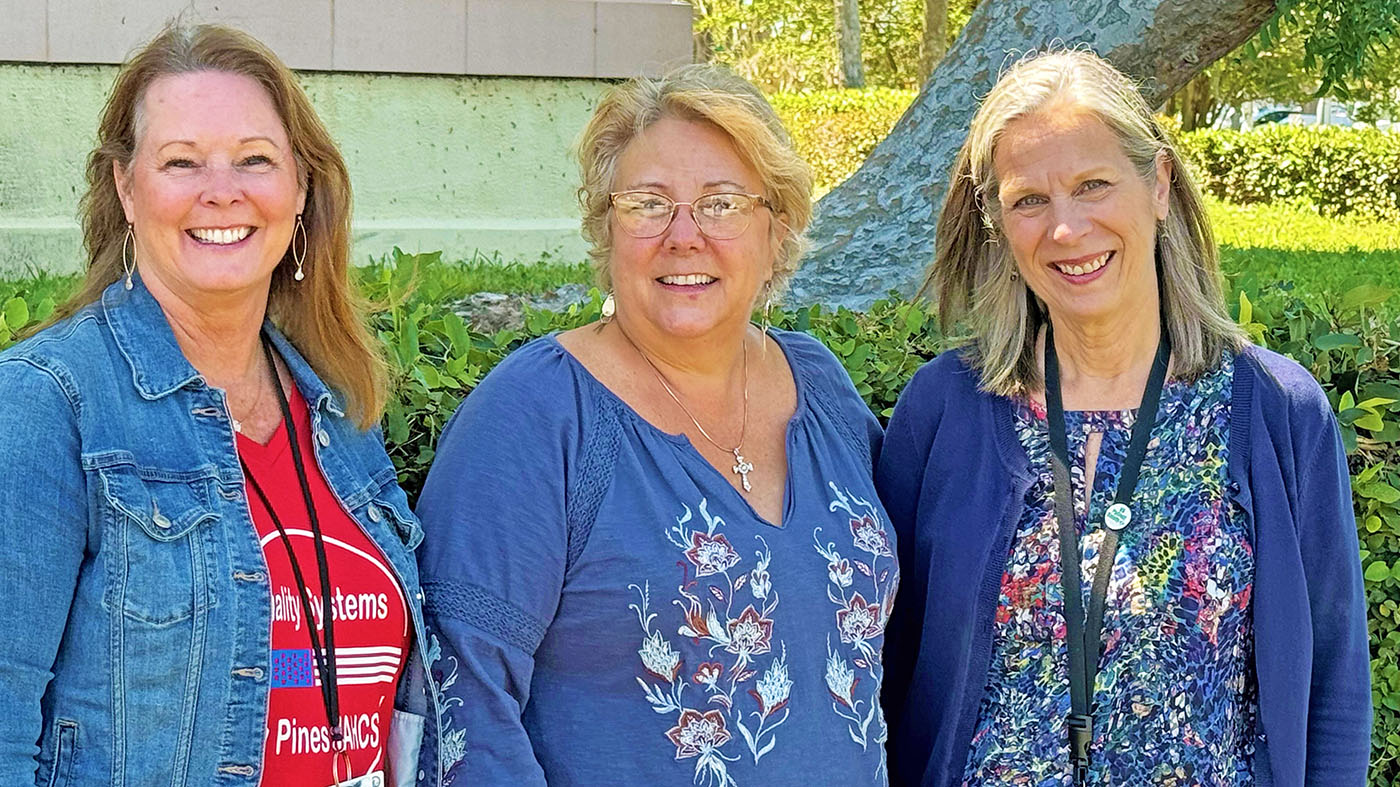
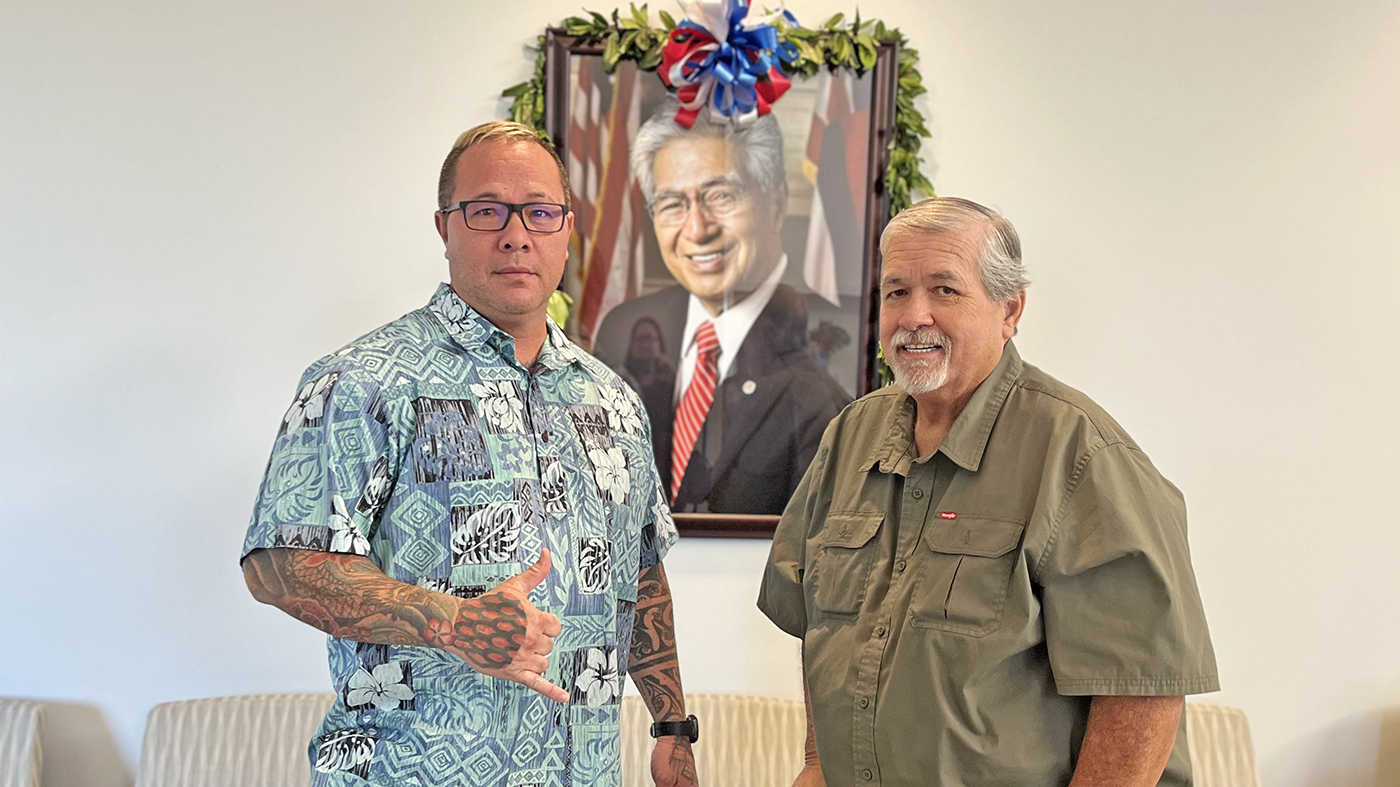


great article!